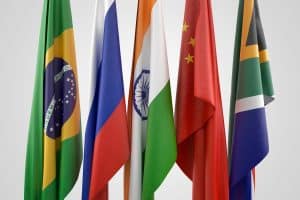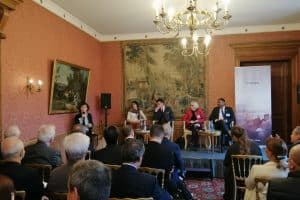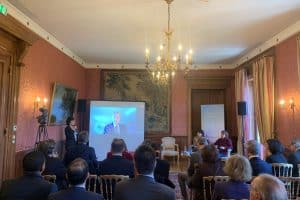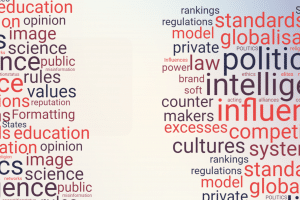The Green Economy in the Countries of the Gulf Cooperation Council
Introduction The awarding of COP28 to the Emirates by the UNFCCC Secretariat allowed a whole country, perhaps a whole region, to be greenwashed. As illustrated by this quote from an article published in The Nation in December 2023, there is a common misconception that Gulf countries engage in greenwashing. However, the aim of this note […]










